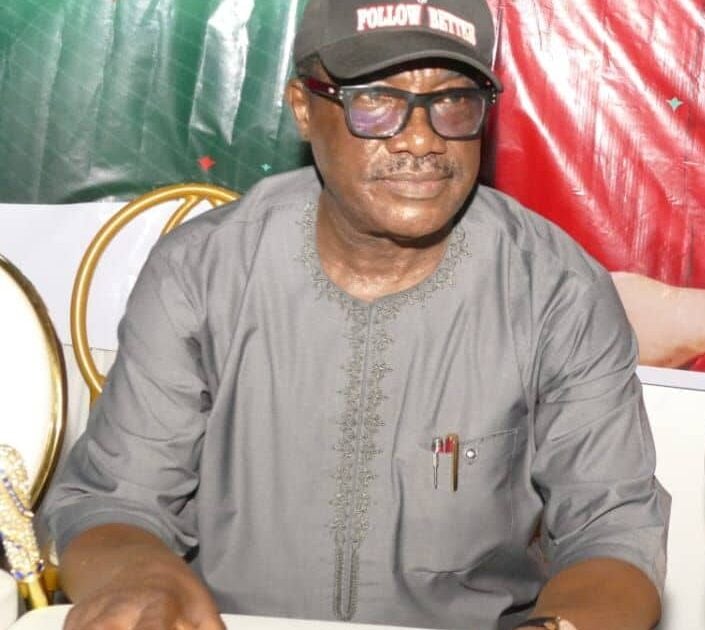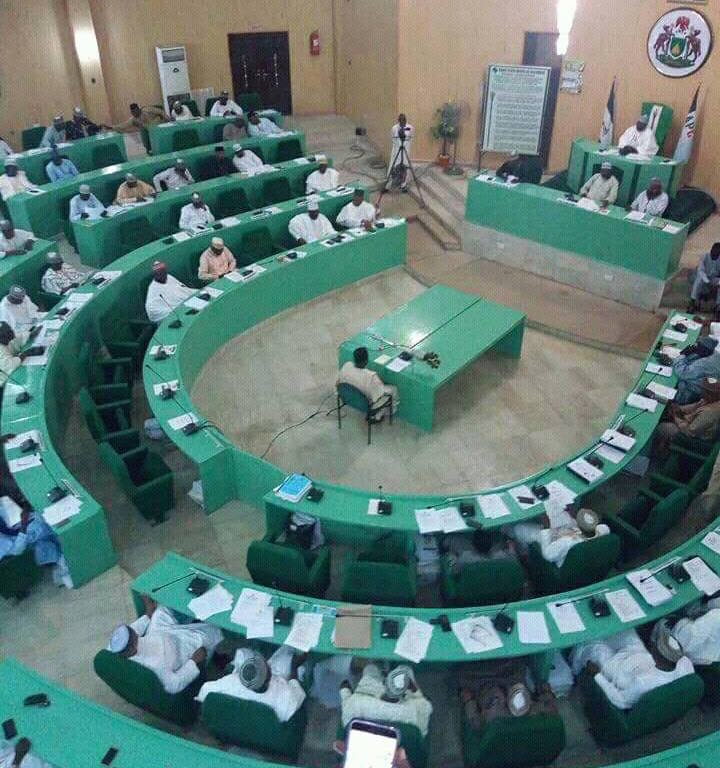A visiting professor at Taraba State University, Jalingo, has stated that the recent wave of defections from various political parties to the ruling All Progressives Congress (APC) in Nigeria is driven by fear of losing in the 2027 general elections and evading anti-corruption scrutiny. Professor Jonah Onuoha, who is also the Director of the Centre for American Studies at the University of Nigeria, Nsukka, described the trend as an indication that many Nigerian politicians lack genuine political ideology and are driven by personal interest.
Onuoha noted that these politicians are seeking a platform to win elections and avoid scrutiny from agencies like the Economic and Financial Crimes Commission (EFCC). He expressed concern that the spate of defections could further weaken the opposition Peoples Democratic Party (PDP), citing the recent defection of Enugu State Governor, Peter Mbah, and the entire PDP structure in the state to the APC as a significant loss for the opposition party.
The professor warned that if the trend continues, Nigeria might drift towards a one-party system by 2027, which he described as unhealthy and dangerous for democracy. Dr. Chinedu Ejezie, a Senior Lecturer in the Department of Political Science at the University of Nigeria, Nsukka, supported Onuoha’s position, arguing that good governance and electoral success are not dependent on belonging to the ruling party.
Ejezie pointed out that all 36 states have been receiving their monthly federal allocations without discrimination since President Bola Tinubu assumed office in May 2023. He cited examples of opposition leaders, such as governors Alex Otti of Abia State, Charles Soludo of Anambra State, and Seyi Makinde of Oyo State, who are performing well without defecting to the APC. The development has sparked concerns about the implications of the defections on the country’s democratic system and the upcoming 2027 general elections.
The wave of defections has significant implications for Nigeria’s political landscape, particularly for the opposition PDP. As the country approaches the 2027 general elections, the trend is expected to continue, with potential consequences for the nation’s democratic system. The Federal Government and relevant agencies will be closely watched to see how they respond to the development and its potential impact on the country’s democracy.



